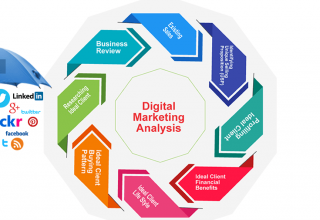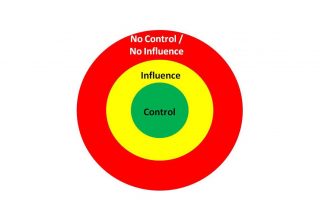
The other day, I met with Makena, highly focused and diligent damsel I have known for many years. She had a business proposition that was stunning and got me thinking as well. Particularly for a new entrant in the industry, this could not be ignored.
Makena was getting into flower industry. She had not been in this business before, but she already had set up an office and hired people for administrative and business development activities. From her high end office, well furnished with flower vases right from the entrance, one could tell this was a serious venture. My visit to the premises left me with no doubt that her commitment was unquestionable, and easily you could assume success was guaranteed.
My understanding of the flower industry however kept me thinking. It is largely dominated by the Dutch, with most participants in this business being large scale farmers. Again, most players are producers with their own flower farms or probably with existing contracts with the plantations. The contractual issues will always appear in any discussions; either Makena offers attractive exits for access to produce or probably waits until the contracts are over to encourage an option. The fact that she is neither a producer nor has any existing contract spelt the first challenge for Makena.
So, I was bold enough to ask her what her plan was to overcome this hurdle.
Thinking through a business is always an issue I have raised with many entrepreneurs. I tend to think that we are a lazy lot; we do not want to stretch ourselves over matters that require going beyond what is in the market. That is why across most industries, the same product you access in Malawi, is the same conventional creation in Kenya. What we even call innovation is far from the thinking that Thomas Edison put in creating a light bulb. No wonder the differentiation in industries like banking is no longer the products, but rather how they are offered, or probably the after sales service.
The process of thinking through has both tactical and strategic fit. Strategy looks at the bigger picture, while tactics break down the strategy into initiatives that deliver desired goals. Either way, my strong belief is that anyone who looks at starting a venture or creating a new product, must clearly think through the two to succeed.
My advice to entrepreneurs is always almost the same:
First, think like a child. This is controversial, but children ask funny and probably stupid questions, in most cases the answers have to be creative to ensure their satisfaction. The same way, when you ask hard questions, some stupid, and get answers concerning a product, service or venture, you definitely hack it. Who will be your customers? How long will you be in the market to be a leader in a certain region? How would the customers want this packaged?
Secondly, brainstorm. Nobody has a monopoly of thoughts. I have witnessed a lot of information and feedback coming from focused group discussions. This is usually a group of not less than eight and not more than 10 who can be engaged before launching a firm or product; probably during the market research process. They yield profitable information that could provide a leap into the future.
Thirdly, imitate but only to a certain limit. Imitation limits innovation and denies one from exploring more market initiatives that could guarantee a bigger share and income streams.


















